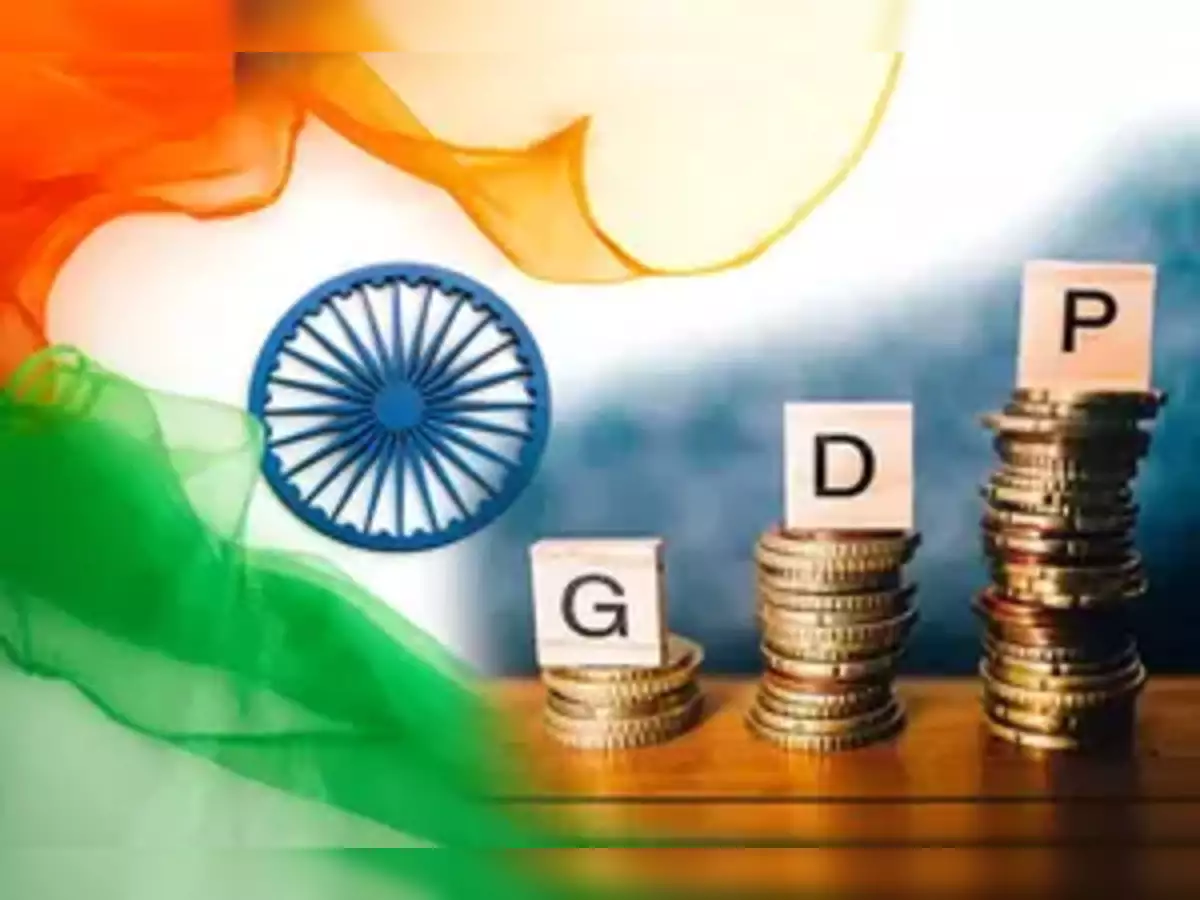New Delhi: India needs to guard against the dominance of financial markets in shaping policy and macroeconomic outcomes, a phenomenon known as financialisation, to achieve the goal of Viksit Bharat by 2047, according to the Economic Survey 2024-25.
The consequences of financialisation are evident in advanced economies, where it has led to unprecedented levels of public and private sector debt — some visible to regulators and some not, it said.
“We also caution against the risk of financialisation and asset price bubbles that are now endemic to the West. That is why some measures India’s regulators took to rein in excessive and financially ruinous speculation for investors were necessary, not just for systemic stability. They were welfare measures in effect,” it said.
Excessive financialisation can hurt the economy, it said, adding that the costs may be particularly high for a low-middle-income country like India.
Economic growth in such contexts becomes overly reliant on rising asset prices to offset leverage, exacerbating inequality and asset market considerations that may overly influence public policies, particularly regulatory ones, it added.
As India strives to align its financial system with its economic aspirations Viksit Bharat by 2047, it should strive to maintain the fine balance between financial sector development and growth on the one hand and financialisation on the other, it noted.
It means that the country has to chart its path with respect to its context, considering the levels of financial savings in households, its investment needs, and levels of financial literacy, it said.
India must carefully manage the financialisation trend, as excessive dependence on financial markets can result in instability in the sector, Deloitte India Economist Rumki Majumdar said.
As per the Survey, the capital markets have demonstrated strong performance, driving capital formation in the real economy, increasing the financialisation of domestic savings, and supporting wealth creation.
As of December 2024, the Indian stock market has recorded new highs, consistently outperforming its emerging market peers despite geopolitical uncertainties and election-driven market volatility challenges, it said.
According to the Survey, ensuring that incentives in the sector are consistent with national growth aspirations is a policy imperative, and it stressed that India’s financial sector has performed well amid unfavourable geopolitical conditions.
On the monetary front, system liquidity, represented by the net position under the Liquidity Adjustment Facility, remained in surplus during October-November 2024, the survey said.
The financial parameters of banks continue to be strong, reflected in improved profitability indicators. The gap between the growth of credit and deposits of SCBs has narrowed, with deposits keeping pace with loan growth.
The financial sector is witnessing a moment of positive flux, with several changes taking shape, it said, adding that firstly, there is a rise in the share of consumer credit in overall credit extended by banks.
Between FY14 and FY24, the share of consumer credit in the total bank credit increased from 18.3 per cent to 32.4 per cent.
“Secondly, there has been a rise in non-bank-based financing in recent years. Banks’ share in total credit has declined from 77 per cent in FY11 to 58 per cent in FY22. Simultaneously, there has been a rise in NBFCs and bond market financing,” it said.
Thirdly, it said, equity-based financing has catapulted to popularity, with IPO listings growing six times between FY13 and FY24 and India being ranked first globally in terms of the number of IPO listings in FY24.


